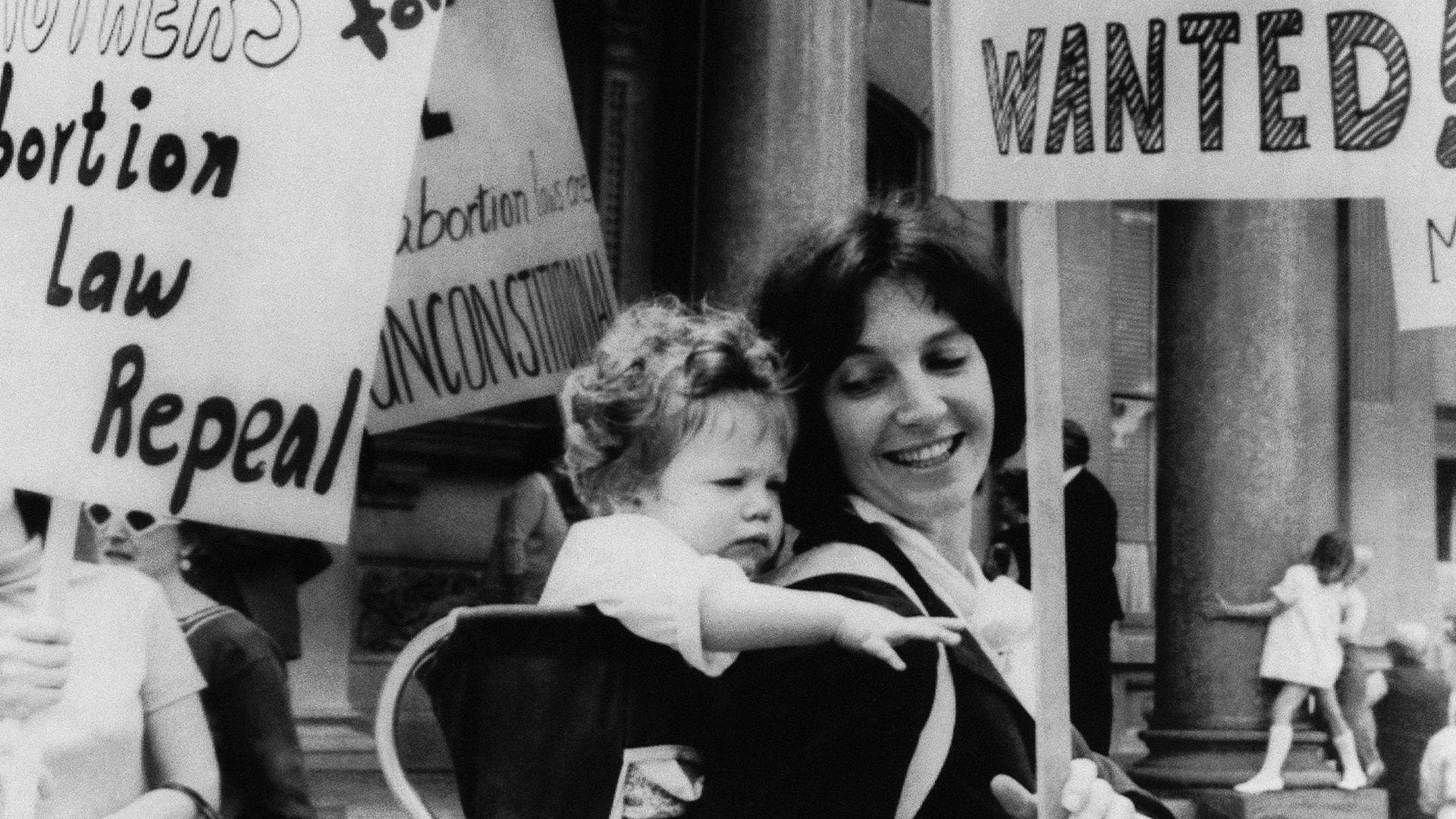The radical 1970s book that taught women not to be ashamed of their bodies is being retired
A book that helped a generation of women take the shame out of understanding their bodies, is quietly slipping away.


A book that helped a generation of women take the shame out of understanding their bodies, is quietly slipping away.
The parent nonprofit behind Our Bodies Ourselves, first published in 1970 by a group of Boston-based women, announced Monday (April 4) it will no longer produce updated versions of the book after its 2011 edition. The organization, which goes by the same name, will switch to a volunteer staff and focus on advocacy for women’s health.
Our Bodies Ourselves was first called Women and their Bodies. It was published as 193 pages of newsprint paper stapled together and sold for 35¢ (about $2.30 today). The book was radical at the time, with passages on both sex between women and pre-Roe v. Wade abortion, along with diagrams of the clitoris. Our Bodies Ourselves quickly became an essential and body-positive resource for college-aged American women.
Crucially, the book was by women. ”Our Bodies, Ourselves was both a practical guide and a theoretical tool; an encyclopedia of information about women’s health, and also a dictionary that introduced a new vocabulary to define women’s health,” Wendy Kline wrote for the Washington Post last year, when there were rumors that the Trump administration would ban the word “fetus” from official US Center for Disease Control budget documents. “Suddenly, women’s individual experiences mattered as much as clinical research.”
And that focus on experience and research has remained an essential component of the book’s importance. “Information is abundant online; the problem is finding accurate information that is based on science, not politics, and knowing the difference,” writes Julie Childers, executive director of Our Bodies Ourselves, by email. “We are deeply concerned that our own government is limiting access to evidence-based information given the recent reports of pages disappearing from HHS’s WomensHealth.gov.”
Women who’ve benefited from the book have lamented the announcement on social media. “OBOS was the older, wiser female friend I needed to help me negotiate an unintended pregnancy at the age of 19, back in 1982. I will be eternally grateful,” writes one commenter on Facebook.
Over the next 50 years, the book sold 4 million copies, was adapted into 31 languages, and underwent eight revisions. Reviewers and feminists were critical of the fact that editions have become less radical in their tone and contents as the authors aimed for broader mainstream appeal. And indeed the book has struggled to stand out as free information online proliferates. In that sense, though, the phasing out of the book should be a welcome sign, that there’s no longer a need for just one bible of information about women’s health. Fertility apps, digital feminist news sites, and a healthy number of evidence-based books will fill the void.